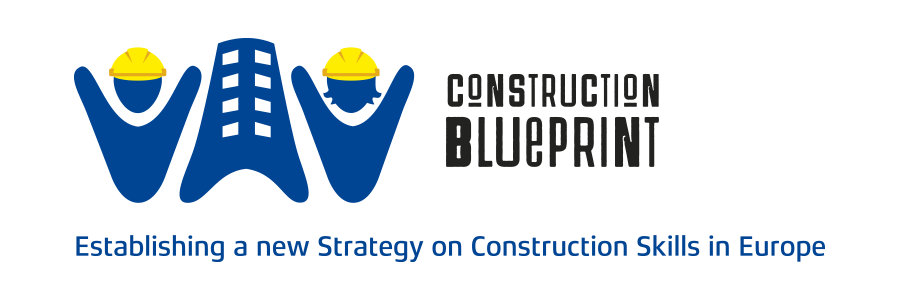Strategic projects such as Construction Blueprint, H&S Blueprint or Construye 2020+, led by Fundación Laboral de la Construcción, highlight the European Union’s objectives in energy efficiency, digitalisation and circular economy on Europe Day
Energy efficiency, digitalisation, circular economy; professional mobility, full incorporation of women, transfer of knowledge from experienced workers to younger ones; visibility and promotion of a sector that must become a competitive industry. These words have become the mantra of construction in the European Union (EU) over the last two years.
The anniversary we are celebrating today with Europe Day leads us to remember that the French Minister for Foreign Affairs, Robert Schuman, already pointed out on 9 May 1950, in the Declaration that carries his name, the need for common work, modernisation, improvement of quality, development of more competitive production and export and fair conditions for workers. In his speech Schuman proposed the creation of a European Coal and Steel Community (ECSC), the origin of the Union: “Europe will not be made all at once or in a single undertaking: it will be made thanks to concrete achievements which, first of all, create solidarity in practice”.
BIM, Lean Construction, intelligent buildings with permanent internet connection, robotics, virtual reality, 3D printing, new platforms and tools, mobile applications… These terms are presented as another tantra, even though more confusing and less understandable, for many construction workers who face the challenge that, in order to be competitive, they must be trained and qualified in ‘green’ and digital skills with which they specialize and become aware of business demand.
Europe seeks to achieve resource efficiency for a sustainable and globally competitive construction sector. In fact, the European Commission is monitoring and reviewing the 2020 Construction Strategy – “Strategy for a sustainable competitiveness of the construction sector and its enterprises” at the ‘High Level Tripartite Strategic Forum‘.
Thanks to this strategy, the countries of the Union have achieved impact, visibility and dissemination of their progress and good practices in the field that otherwise would not have been achieved. It has also made it possible to bring together the entire EU construction value chain.
However, challenges remain such as the inclusion of all actors, a difficult task as it is an industry dominated by SMEs and micro-SMEs, adapting policies and regulations, or improving the exchange of information, to ensure that ‘construction information’ continues to be relevant in the long term and is built under a common language and principles that improve cooperation between countries.
In the next few years, the Construction 2020 initiative will extend its horizon to 2030 or 2040 and must evolve towards a more holistic approach to address issues in a comprehensive manner.
Fundación Laboral is working on this leading edge, as the Spanish leader of European reference initiatives, such as the strategic framework of competencies in the construction sector –Construction Blueprint-, complemented by the strategic framework of competencies in Occupational Risk Prevention -H&S Blueprint -, or the project in ‘green’ competencies –Construye 2020+-.




